AAAL 2025 Plenary Speakers
Relational Accountability as a Framework for Language Work ... Indigenous and Beyond
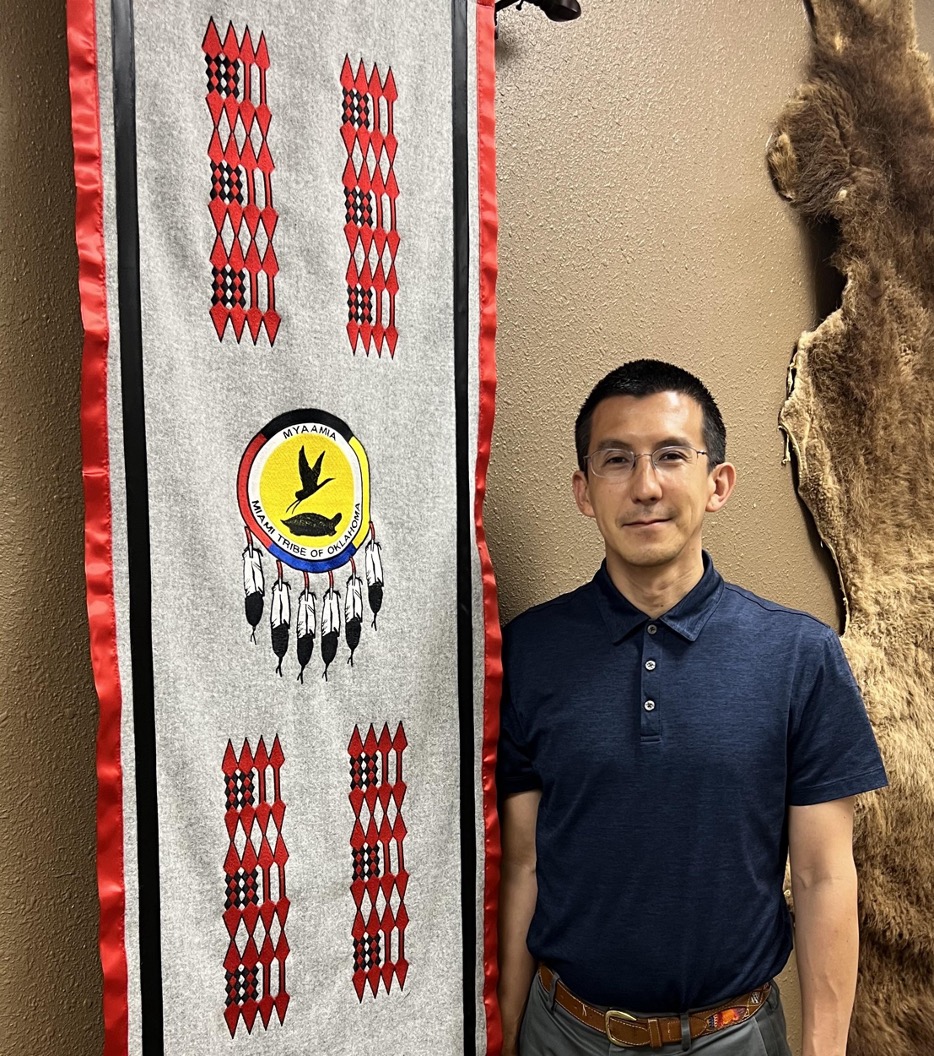
There is a longstanding practice across language sciences of discussing language separately from the personal lives, communicative practices, and embodied experiences of colonial oppression that members of Native American and other Indigenous language communities have (Davis, 2017). Even in applied language sciences, where sociopolitical context tends to receive stronger focus, engaging with language in academic contexts can still privilege dominant language ideologies, categories, and pedagogies, thereby alienating members of Indigenous communities and scholars who are allied with these communities. Not surprisingly, Indigenous people remain underrepresented in Applied Linguistics, and those who do engage the field often report negative experiences, noting that the field does not adequately include, represent, or help us and our communities. But it does not have to be this way.
What changes when Native American and other Indigenous intellectual approaches serve as the baseline from which language, languaging, and other areas of applied linguistics are approached? The purpose of this presentation is to engage this broad question both with the specific goal of improving how applied linguists engage with Indigenous languages and language communities, and also with the more general objective of probing and shifting disciplinary praxis in Applied Linguistics as a whole. To do this, I draw upon ideas from Indigenous Studies, particularly two core values that are foundational in my Miami community and in many other Indigenous communities. One is relationality, operationalized for this presentation as “the worldview that everything is interrelated, and by extension, interdependent” (Venegas and Leonard 2023, 333). Ensuing is the notion of relational accountability, which calls not only for recognizing and honoring relationships to land, community, and intergenerational knowledge, among other areas, but also provides a framework for applied linguists to responsibly support Indigenous communities and their language efforts. Relational frameworks call for disciplinary praxis that firmly recognizes how community language shift results from disruptions to relationships due to colonial oppressions and dispossessions, and that by extension, language reclamation requires accountability to the linguistic sovereignty that Indigenous language communities already have and to fostering new relationships to language that they seek to have.
Wesley Y. Leonard (he/him) is a citizen of the Miami Tribe of Oklahoma and an associate professor of Native American Studies in the Ethnic Studies department at the University of California, Riverside. Drawing from his PhD in Linguistics (University of California, Berkeley, 2007) and experience as an additional language learner and practitioner in myaamia and other community-based language programs, his research aims to build language reclamation capacity in Native American and other Indigenous communities by cultivating language reclamation praxis, which centers community needs, values, and definitions of language, while also changing the norms of language sciences to facilitate such work. As part of this, he co-developed the Natives4Linguistics project, which promotes Native American needs, research and ethical protocols, and intellectual tools as a basis for doing linguistics. His scholarship appears in a variety of outlets such as Gender and Language, Language Documentation and Description, Dædalus, Language, Journal of Linguistic Anthropology, and Language Learning.
Associated colloquia: Barbara Meek and Adrienne Tsikewa
The Asianization of Linguicism: Language Policies as Racializing the Asian Diaspora
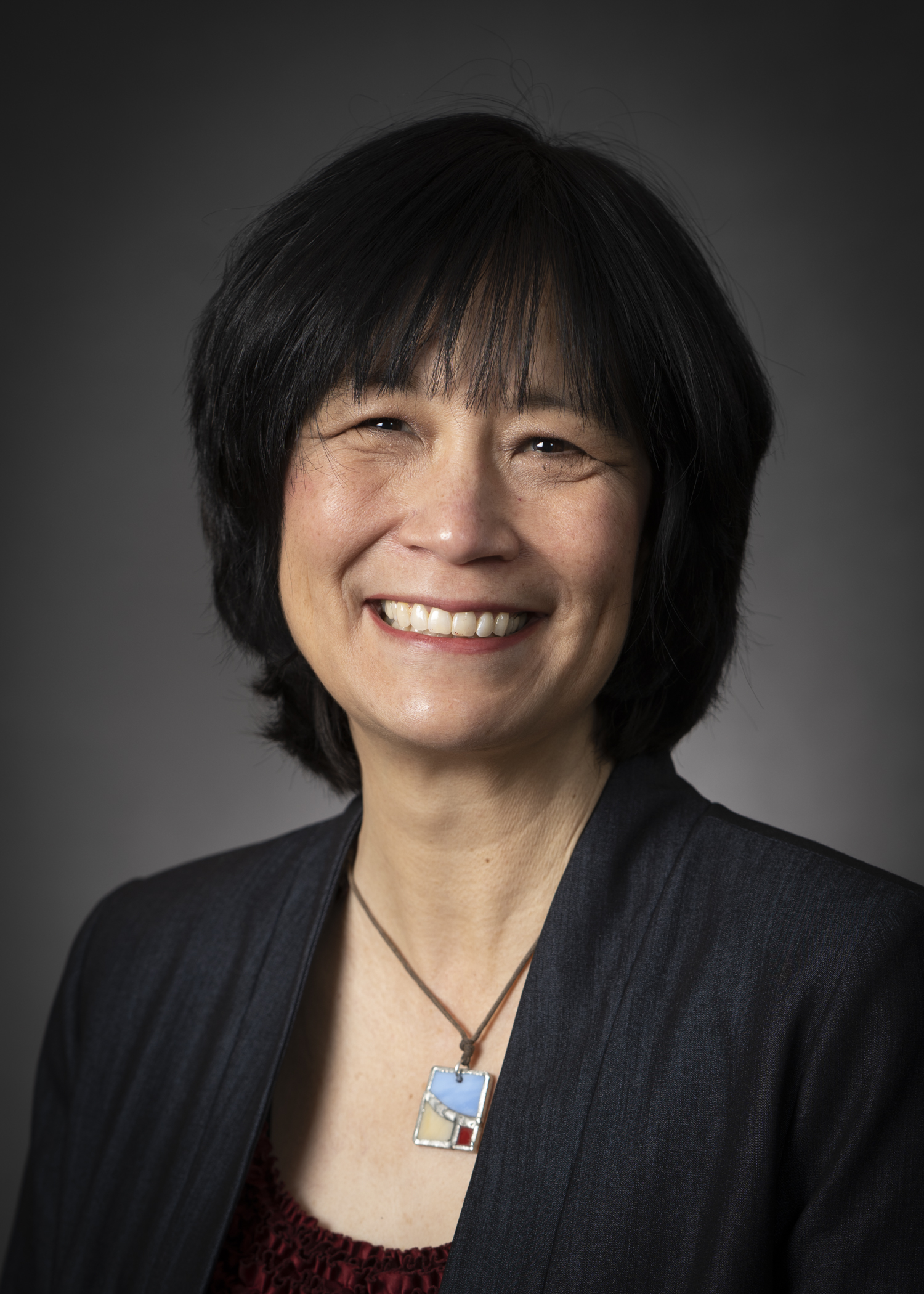
The Asian American and Pacific Islander (AAPI) diaspora is often ascribed as the racial community that has achieved relative success compared to other groups of color, yet this additive ascription is used discursively and materially to reproduce Whiteness and forms of anti-Blackness. The racialized romanticization of this Asian model also maps onto language with English being plotted along a continuum of approaching to attaining proficiency, even among AAPIs who claim English as their only language. Such constructions around linguistic authenticity and attainment are grounded in meritocracy assuming that one’s hard work will ultimately generate full inclusion. Yet linguistic and racial ascriptions of AAPIs are co-naturalized, constructing them as incomplete citizens or foreigners, regardless of generational or language identity. Thus, the specialization or customization of treatment within educational and language policy is less necessary, creating the conditions for their relative invisibility and erasure. This concocted matrix of hyper success in comparison to other groups of color, coupled with critiques of their full linguistic attainment/performance unsettles the theory of the racial bourgeoise, returning us to historic and contemporary narratives of suspicion and disposability; a continuum of invisibility to hypervisibility.
Drawing from racial triangulation theory (Kim, 1999; 2018; 2023), raciolinguistic (Alim et. al, 2016; Flores & Rosa, 2015) and LangCrit perspectives (Crump, 2014), this talk traces the history of the Asianization of linguicism. I examine how racial and linguistic visibility and invisibility are naturalized, normalizing the conditions for racial and linguistic subjugation of Asian minds and bodies through humor, scapegoating, and emotional and physical violence. Beginning with the Chinese Exclusion Act and moving forward to the policy reforms of the War on Poverty and the language rights case of Lau v. Nichols (1974) to the present, I map how AAPI ethnolinguistic communities are oftentimes the maleficiaries within educational and language policy; both de jure and de facto. Given increased Sinophobia following the COVID-19 pandemic, and the profound regress in affirmative action and voting rights, I forward an intersectional matrix for language policy and planning.
Trish Morita-Mullaney is an Associate Professor in Literacy and Language at Purdue University with a courtesy appointment in Asian American Studies and serves as the Co-Director of the Center for Literacy and Language Education and Research. Her research focuses on the intersections between language, race, national origin, and gender identities and how this informs the identity acts of educators within multilingual communities. Guided by critical and feminist thought, she examines these intersectional identities and how they inform the logics of educational decision making for multilingual individuals and families. As a former ESL and bilingual teacher and administrator, she draws from her experiences and relationships within schools, programs, and communities to understand the assemblages of economic, political, and social capital. Her newly published book with Multilingual Matters, “Lau v. Nichols and Chinese American Language Rights: The Sunrise and Sunset of Bilingual Education” examines the Lau v. Nichols (1974) language rights case as developed, experienced, and implemented by the Chinese American community of San Francisco’s Chinatown. With co-editors Khánh Lê, Zhongfeng Tian, and Alisha Nguyen, she has a forthcoming edited volume entitled, “The long overdue voice: Asian Americans in Bilingualism and Bilingual Education” capturing the narratives of the Asian diaspora within bilingual education.
Associated colloquia: Chris Montecillo Leider and Kevin Wong
An Intersectional Look at Critical Applied Linguistics: Current Research, Future Directions, and Some Skeptical Remarks
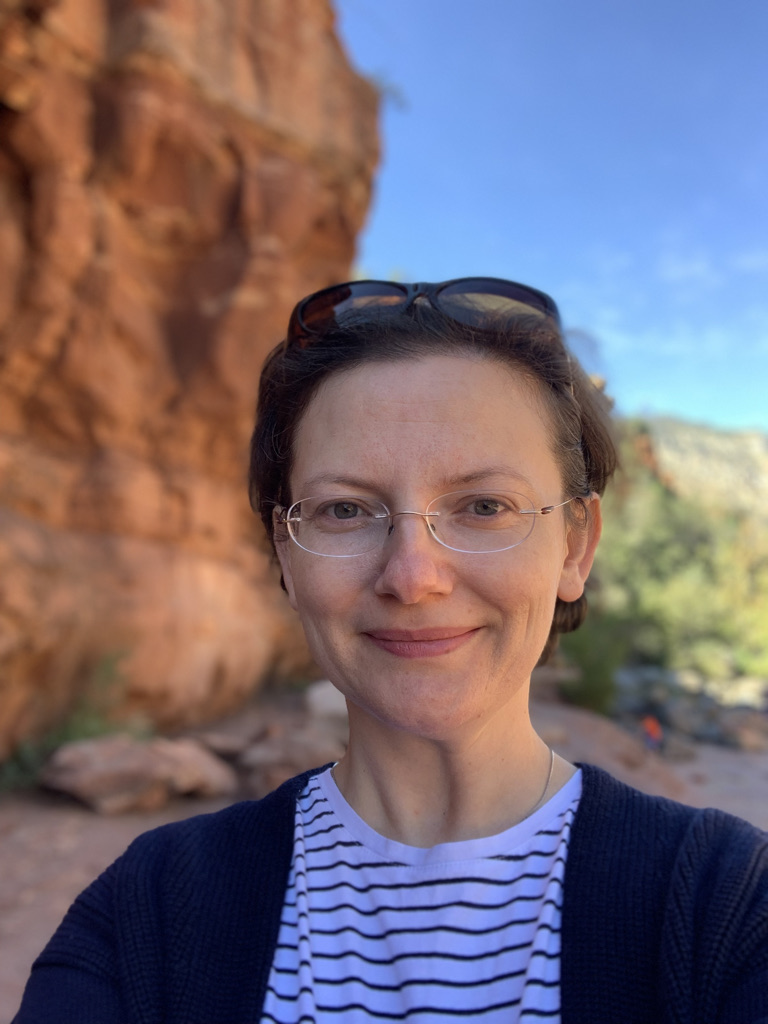
Critical applied linguists have been engaged in justice-oriented scholarship for decades although this area of research has grown exponentially and received more attention in recent years. It is through this critical scholarship, in the form of empirical research, theoretical engagement, and advocacy that critical applied linguistics brings together different ways of knowing and responds to global injustices and the growing global inequality. In this talk, by amplifying voices of critical applied linguists and maintaining a critical and sometimes highly skeptical stance towards existing critical scholarship and advocacy efforts, I aim to engage in newer theorizations of intersectionality, discuss invisible and left-out intersectionalities in critical applied linguistics, and discuss ways to increase our collective efforts for intersectional advocacy and justice. I first begin with a short overview of the major lines of research in critical applied linguistics, especially in relation to global migration and related social changes and crises. This critical engagement is guided by intersectionality, a framework that aims to understand the privilege and oppression through an analysis of the complex interplay of identities and intersecting forms of power. Next, I discuss a future research agenda aimed at re-theorizing intersectionality for critical applied linguistics, by challenging but respecting intersectionality’s primary focus on race and the Global North, as well as re-envisioning education from K-12 to teacher professional learning through an intersectional lens. I conclude with interrogating intersectional advocacy within the field, with the goal of promoting intersectional efforts and practices in and for multiply-marginalized bodies and communities.
Dr. Hayriye Kayi-Aydar is an associate professor of English Applied Linguistics at the University of Arizona, where she teaches in the MA TESL and Interdisciplinary PhD SLAT programs. Often using narrative inquiry and discourse analysis approaches, her research focuses on the intersectional identities and agency of teachers in multilingual contexts. She has served or is serving on editorial boards for various journals including TESOL Quarterly; Journal of Language, Identity, and Education; ELT Journal; and Linguistics and Education. Dr. Kayi-Aydar is the author of Positioning theory in applied linguistics: Research design and applications (Palgrave MacMillan, 2019) and Critical applied linguistics: An intersectional introduction (Routledge, 2024), as well as the co-editor of five books on language teacher education.
Associated colloquia: Yasmine Romero
Toward an Anticolonial World Language Curriculum
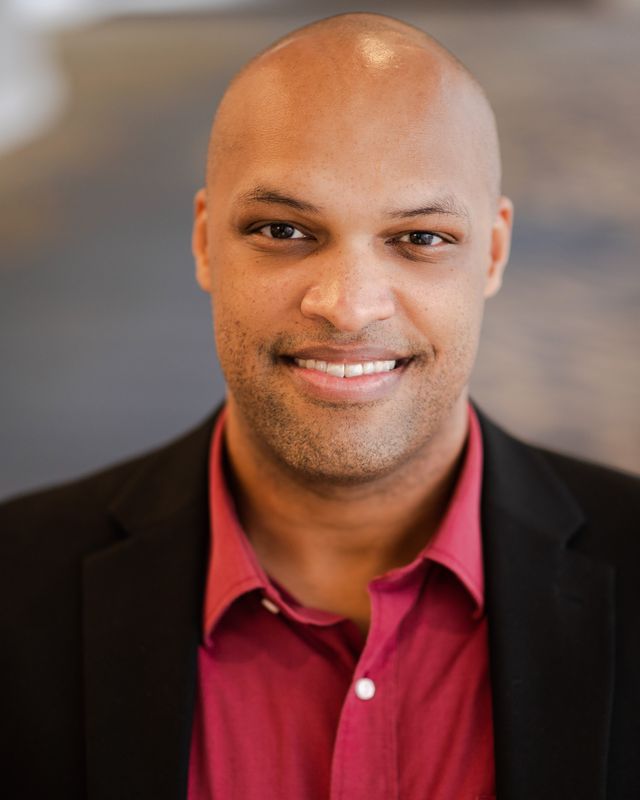
In recent years, antiracist, anticolonial, and justice-centered approaches to the teaching and learning of world languages have gained much momentum and visibility. However, we are at a crossroads. Just as researchers and educators have embraced these pedagogies, the pushback against such ideologies and associated pedagogies has also gained momentum. This pushback has attempted to limit classroom and societal discourse relating even to broad concepts such as race, diversity, and inclusion. In particular, recent reactions from institutions have shown that the consequences for anticolonial solidarity and activism have been severe. So where do we go from here? In this presentation, I turn our attention to the curriculum as a site of activism, as it is a space that reflects the content, voices, perspectives, competencies, and skills that we value and deem worthy of instruction. Although national, state, and local language curriculums often broadly allude to concepts of diversity, cultures, and communities as integral components of a language education, the framing of and focus on proficiencies and competencies reflect a coloniality that is steeped in capitalist pursuits and marketplace ideologies. I argue that an anticolonial, abolitionist perspective enables us to reimagine what the purpose of a language education is, who a language education is for, and what successful language learning entails.
The World-Readiness Standards for Learning Languages (The National Standards Collaborative Board, 2015) is the most ubiquitous curricular framework for teaching languages in US contexts, and it also provides the theoretical foundation for state curriculums and textbook content. As such, I use these standards as a starting point for exploring how we got to where we are and how we can move forward. I begin by exploring common ways that the field has conceptualized such notions as proficiency, competency, culture, and community. I then present a framework for an anticolonial language curriculum that 1) recognizes how anticoloniality intersects with other justice-centered frameworks such as racial and linguistic justice, and 2) incorporates the language and ideologies associated with broader social movements for justice and abolition. In line with the conference theme of “relational accountability,” I draw upon Indigenous research and knowledges to guide us as we imagine the possibilities of an anticolonial curricular framework for world language education.
Dr. L. J. Randolph Jr. is an Assistant Professor of World Language Education and affiliate faculty in Second Language Acquisition at the University of Wisconsin-Madison. Dr. Randolph’s teaching career has spanned over 20 years, including a decade as a Spanish and ESL teacher at the secondary level. His research and teaching focus on various critical issues in language education, including teaching Spanish as a heritage, home, or community language; incorporating justice-centered, anti-racist, and anti-colonial pedagogies; and centering Blackness and Indigenousness. He is a co-editor of the book How We Take Action: Social Justice in PK-16 Classrooms (Information Age Publishing). An advocate for abolitionist, liberationist, and transformative language education, Dr. Randolph is the 2024 president of ACTFL and a former president of FLANC and AATSP-NC.
Associated colloquia: Aris Clemons and Tasha Austin
Linguistic racism, (post)colonialism, and Indigenous languages
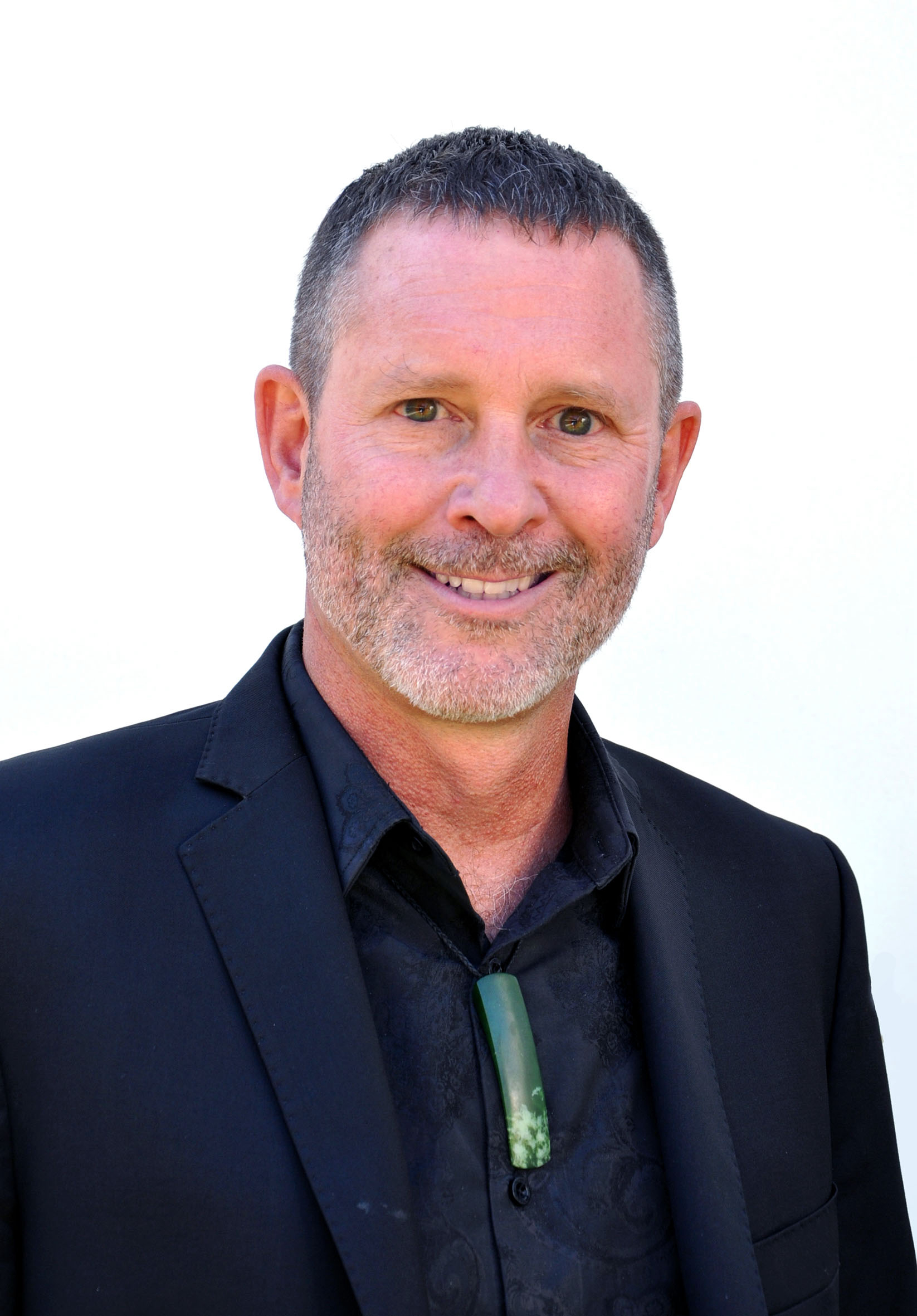
A key feature of the confluence of modern nation-state formation and colonization has been the marginalization and denigration of minoritized language varieties, particularly Indigenous languages, over time. Indigenous languages have been actively proscribed in public language domains, such as education, leading to their inevitable shift and loss, in settler-colonial contexts worldwide. This process of linguistic hierarchization has also often been, and continues to be, linked to both overt and covert forms of linguistic racism. Linguistic racism, a form of cultural racism, uses discursive constructions of language use and related linguistic hierarchies as a proxy for the racialized discrimination and subordination of Indigenous peoples and other minoritized ethnic groups.
In this presentation, I will first trace the interdisciplinary strands that underpin our theoretical understandings of linguistic racism. These include the role of language in nation-state formation in the sociology of nationalism, the advent of “new racisms” in the sociology of racism, the exploration of “everyday racisms” in social psychology, and direct discussions of linguistic racism, drawing on work in both language ideology and, more recently, raciolinguistics. I then illustrate the resilience and continued expansion of linguistic racism – with a focus on Indigenous languages – via my own national context, Aotearoa New Zealand. I focus, in particular, on the public contestation of the increasing normalization of te reo Māori, the Indigenous Māori language, in contemporary New Zealand society. This growing opposition is in response to the successes of the last 40 years of Māori language revitalization. These linguistically racist discourses thus act in defense of English monolingualism, the direct linguistic legacy of New Zealand’s settler-colonial history, along with the privileges this history has provided for White, monolingual English-speaking New Zealanders. From this discussion, I highlight the ongoing challenges for Indigenous language revitalization, in New Zealand and elsewhere, while also outlining in conclusion how these discourses of linguistic racism might be (better) challenged and contested.
Dr. Stephen May is a Full Professor in Te Puna Wānanga (School of Māori and Indigenous Education) in the Faculty of Arts and Education, University of Auckland, New Zealand. He is an interdisciplinary scholar and international authority on language rights, language policy, Indigenous education, bilingual education, and critical multicultural approaches to education. Additional research interests are in ethnicity and nationalism, social theory (particularly the work of Bourdieu), sociolinguistics, and critical ethnography.
Stephen has published 26 books and over 120 articles and chapters in these fields, including the award-winning Language and minority rights (Routledge, 2nd ed., 2012), and The multilingual turn (Routledge, 2014). His most recent book is Critical ethnography, language, race/ism and education (Multilingual Matters, 2023, with Blanca Caldas). Stephen is Editor-in-Chief of the 10-volume Encyclopedia of Language and Education (Springer, 3rd ed., 2017) and founding co-editor of the interdisciplinary journal Ethnicities (Sage). He is the coordinating editor for the Multilingual Matters book series, Language, education and diversity, and co-editor of the Palgrave Macmillan book series, Palgrave studies in minority languages and communities. He is a Fellow of the American Educational Research Association (AERA), and of the Royal Society of New Zealand (FRSNZ).
